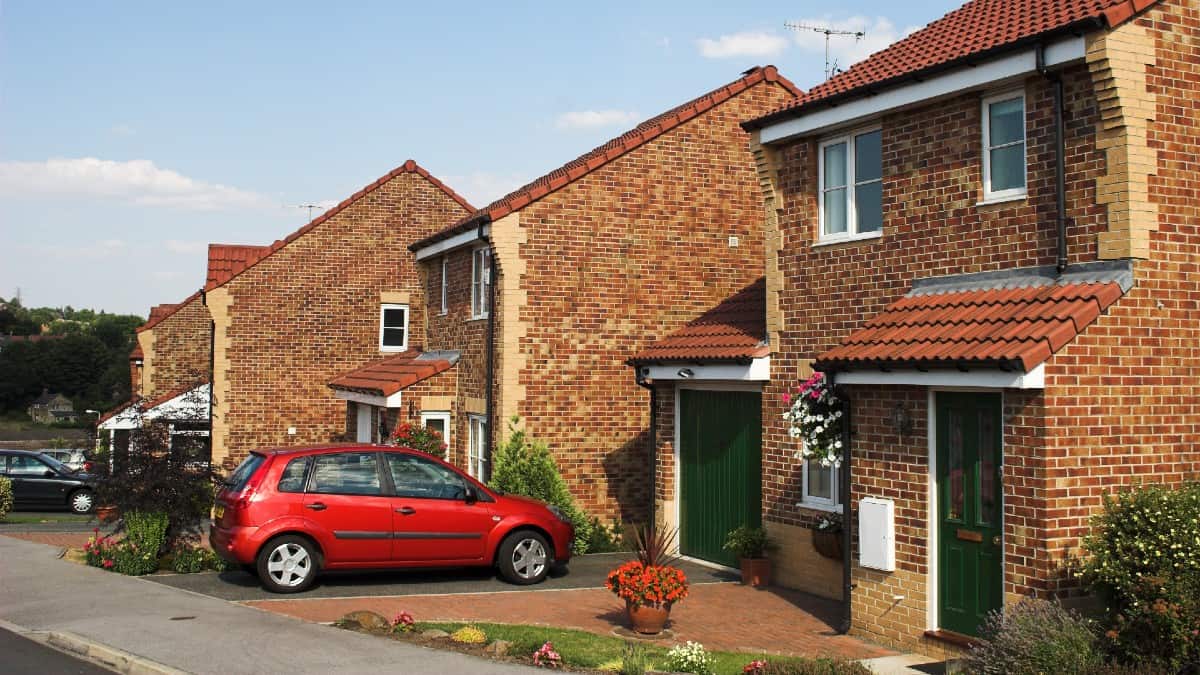Although its shares are down around 15% over the last 12 months, Lloyds Bank (LSE: LLOY) has rallied strongly in the last six months. Over the past half year, the Lloyds share price has rallied almost 50%.
I reckon there are some fundamental reasons for the rally. First, the UK is expected to grow fairly strongly this year given the better-than-expected efficacy of the Covid-19 vaccines and the associated vaccine rollouts. If the British economy strengthens, the bank would have an easier time growing profits in my view, given a potential lower loan loss percentage and more loan demand.
Second, the bank recently began paying dividends again, with management announcing in February a final dividend per share of 0.57p, the highest amount allowed by current Bank of England regulations.
Lloyds paying a dividend isn’t the only new thing that’s happened recently. In early March, the Financial Times reported that the bank is planning to be a private landlord as well. Here’s more on the planned move, and what I think it means for the Lloyds share price.
The plan to become a private landlord
According to the Financial Times, Lloyds Bank’s planned project will have the company buy and rent out existing and new housing stock throughout the UK. The bank hopes to have its first tenants by the end of 2021.
Because Lloyds already owns the mortgage lender Halifax, it reckons it has experience in the housing market that could help it make better decisions as a landlord. Given its already low cost of capital, Lloyds has a competitive advantage versus many of its competitors. The housing market is also pretty fragmented, which makes it easier for the bank to compete.
One reason for Lloyds planning to be a private landlord is management is trying to grow non-interest rate income. Given the ultra low interest rates in the UK and US, it’s really hard for banks to make as much interest rate income as they have in the past.
Detractors of the plan argue that the bank’s strategy could increase its risk if the housing market doesn’t go the way that management expects.
The Lloyds share price: what I’d do
In terms of the private landlord plan, I think it could create a lot of value if it works.
As the detractors say, however, becoming a private landlord is not without risk. If the housing market weakens more than expected, the bank could face a number of issues including potential bad press. I think the potential added risk/reward could increase the Lloyds share price’s volatility.
Lloyds itself faces a number of uncertainties with the pandemic that could send shares lower if management doesn’t make the right decisions. If the bank makes overly risky loans, its loan losses could be higher than expected. If the pandemic lasts longer than expected, the company’s results might not be as strong either. That might not be good for the stock price.
Nevertheless, I’d buy shares at the current Lloyds share price. I like the bank’s price-to-book ratio of around 0.65. I also reckon the bank has several attractive tailwinds. According to some estimates, the UK economy could grow 4.5% in 2021 and over 7% for 2022. If interest rates normalise, I think there’s probably more profit growth in the future for the bank’s interest rate-related business.








